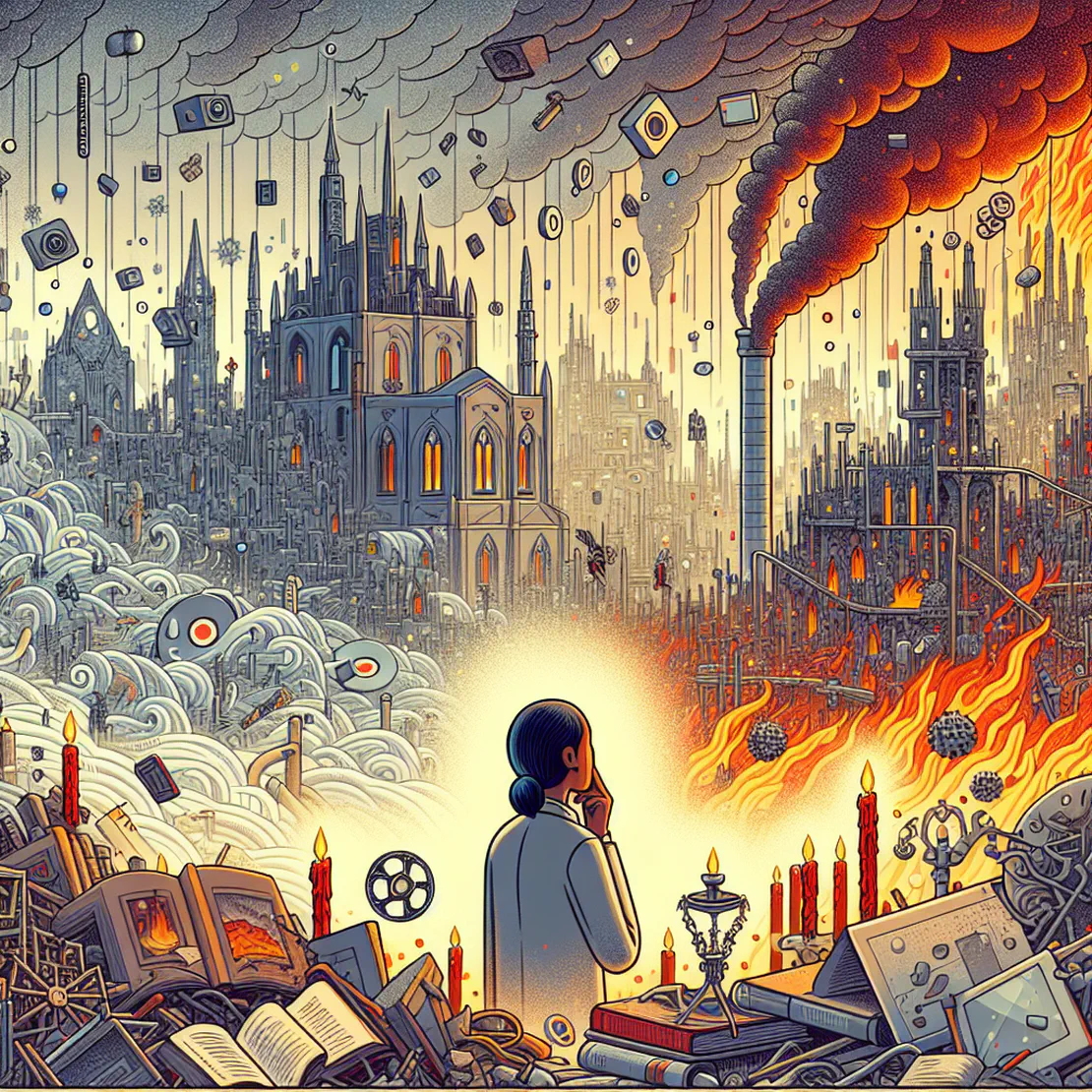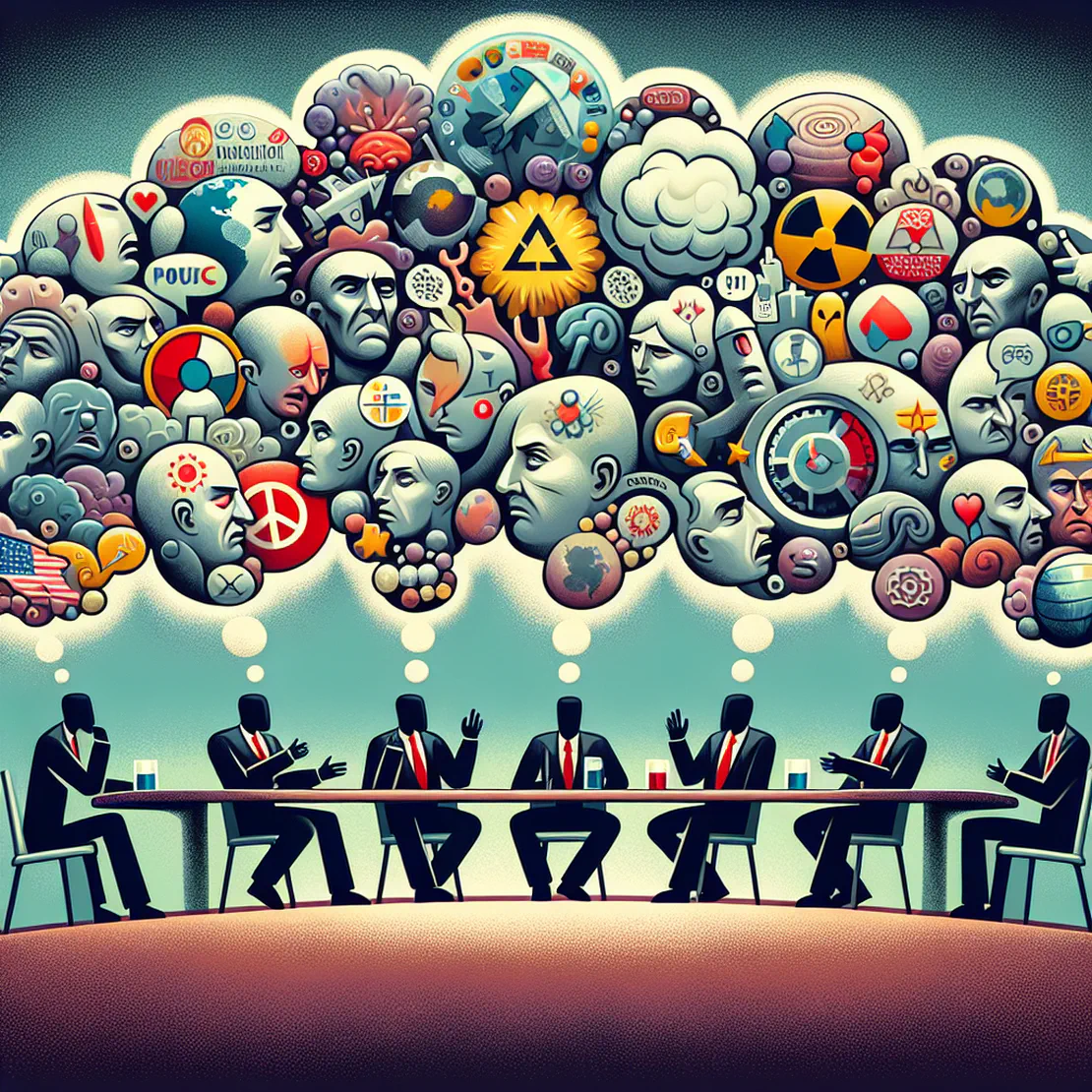
2132 - Andrew Schulz
Table of Contents
At a Glance
-
Concern about the fragility of human knowledge - “You take for granted it is incredibly vulnerable… We’re even more vulnerable now because everything’s on hard drives” The host expresses concern about how easily human knowledge can be lost due to factors like technological obsolescence, data corruption, or catastrophic events.
-
Impact of a global catastrophe on human progress - “Everyone’s knocked to the Stone Age for a couple hundred years… You ain’t getting into them hard drives” The host speculates about how a global catastrophe could set back human progress by centuries and render advanced technology useless.
-
Importance of preserving knowledge in multiple formats - “You get a couple of books that get destroyed and there is physics gone, chemistry gone… That’s the library of Alexandria” The host highlights the importance of preserving knowledge in multiple formats to prevent its loss due to disasters or technological obsolescence.
-
The potential for a ’lost’ generation - “You’d never figure it out… And although the hard drives are rot though the moisture in the air the erosion they’ll slowly evaporate” The host suggests that if a global catastrophe were to occur, future generations might be unable to recover from the loss of knowledge and technology.
-
The resilience of human creativity - “You still see great works of art… So there still were, I would imagine, they were maintaining their ability to create these great structures” The host notes that despite setbacks, humans have continued to create and innovate throughout history.
What to Do
-
Maintain knowledge and skills with efficiency, as they are vulnerable to loss - The speakers discuss how knowledge and skills can be lost due to disasters or erosion over time. This emphasizes the importance of maintaining and preserving knowledge in an efficient manner.
-
Be aware of the fragility of our modern civilization - The conversation highlights the vulnerability of our current way of life, particularly with regards to technology and power grids. This serves as a reminder to be mindful of potential disruptions and consequences.
-
Value the efforts of those who came before us - The speakers acknowledge the significant contributions made by previous civilizations, such as the construction of great cathedrals during the Medieval Ages. This encourages appreciation for the hard work and achievements of past generations.
What to Get
Summary
Here’s a summary of the podcast episode:
The conversation starts with a discussion about the concept of “Medieval Ages” and how it relates to a significant event or period in history. One of the speakers mentions the Black Plague, which was a pandemic that occurred in Europe during the 14th century. The speaker suggests that this event may have led to an erosion of intellectual property and a step back in human’s ability to create things.
The conversation takes a fascinating turn when one of the speakers proposes the idea that a massive asteroid impact could be even worse than the Black Plague. They wonder if such an event would lead to a significant dip in human productivity, causing people to regress to a primitive state, similar to the Stone Age. This idea sparks a discussion about the fragility of modern society and our reliance on technology.
The speakers reflect on how civilizations have risen and fallen throughout history, with notable examples being the ancient Mesopotamians who built impressive structures and developed written language. However, they also mention that these achievements were eventually lost due to catastrophic events such as wars or natural disasters. One of the most interesting points is when they discuss the vulnerability of modern knowledge storage systems, particularly hard drives, which are prone to failure and degradation over time.
The conversation concludes with a message about appreciating the beauty and complexity of human civilization while acknowledging its fragility. The speakers encourage their audience to be mindful of the potential risks and consequences of such events and to appreciate the progress that has been made in science, technology, and society as a whole.
Some of the most interesting points in this conversation include:
- The idea that an asteroid impact could be even more devastating than the Black Plague
- The discussion about how civilizations have risen and fallen throughout history due to various catastrophes
- The reflection on the fragility of modern knowledge storage systems, particularly hard drives
- The message about appreciating the beauty and complexity of human civilization while acknowledging its vulnerabilities


